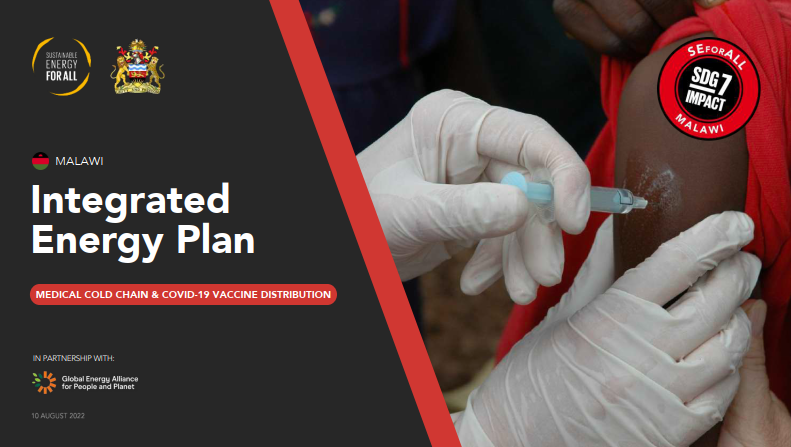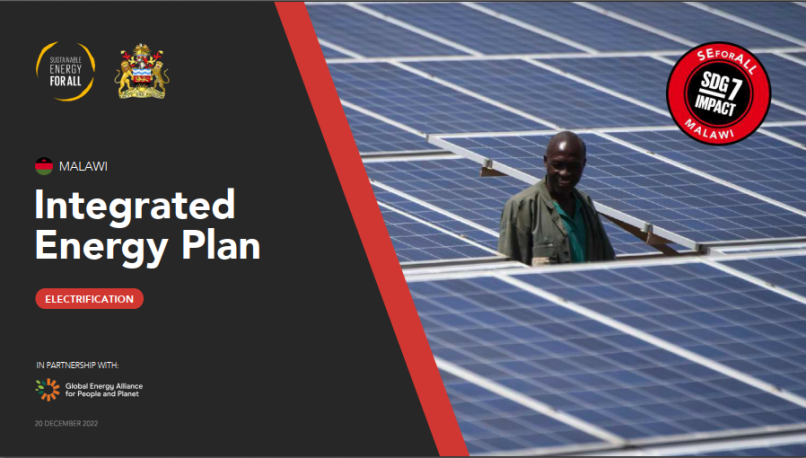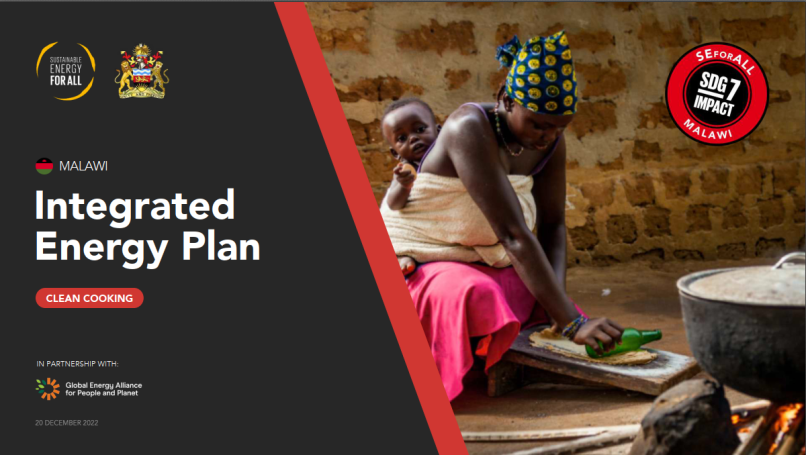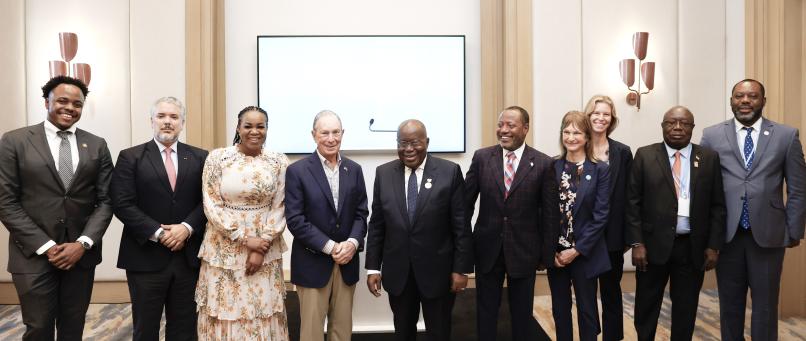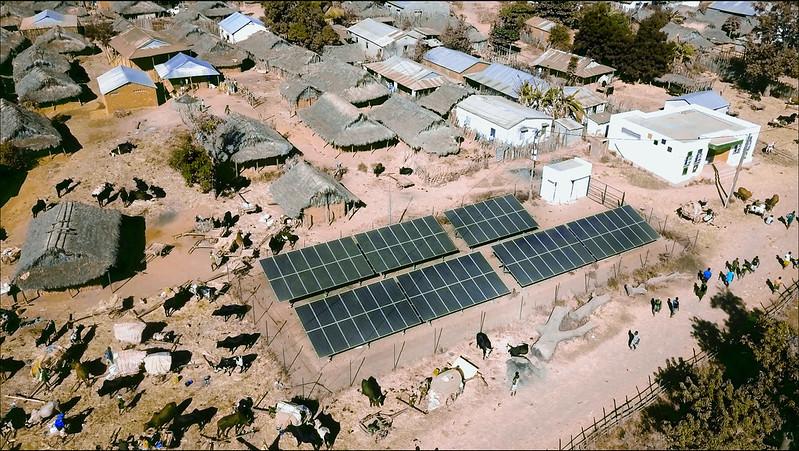Malawi IEP Report – Cold Chain
This report includes the results of cold chain capacity utilization and assessment, facility energy needs assessment and recommendations for effective cold chain management for both COVID-19 vaccines as well as routine immunization coverage for Malawi.
